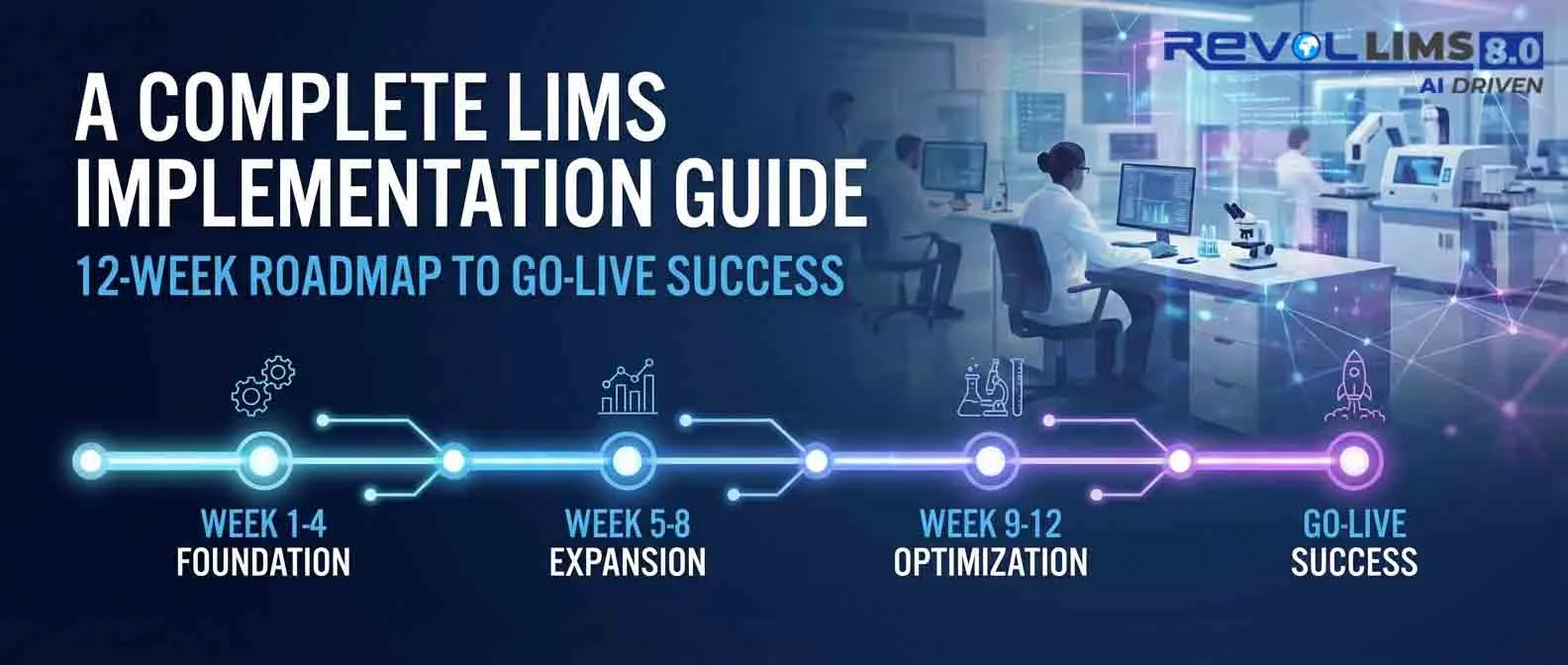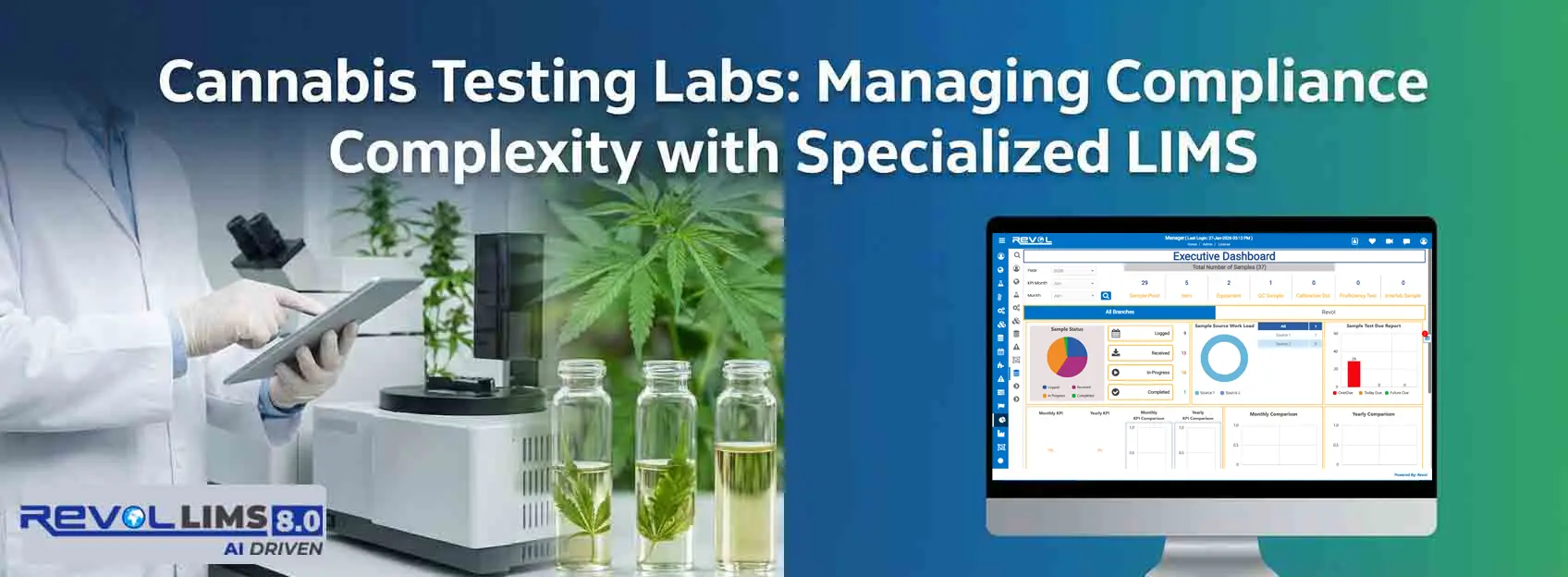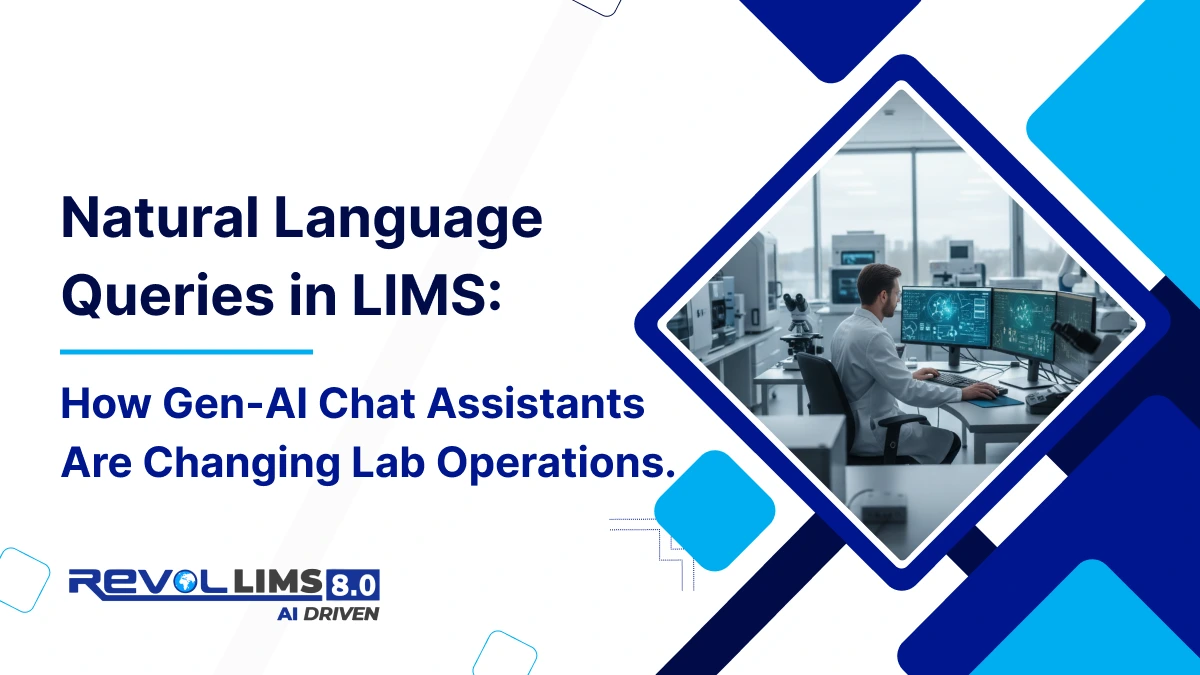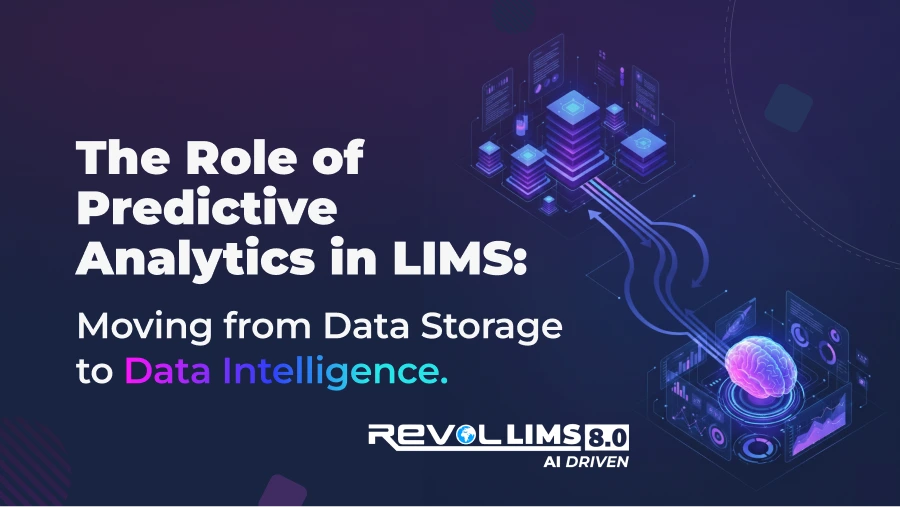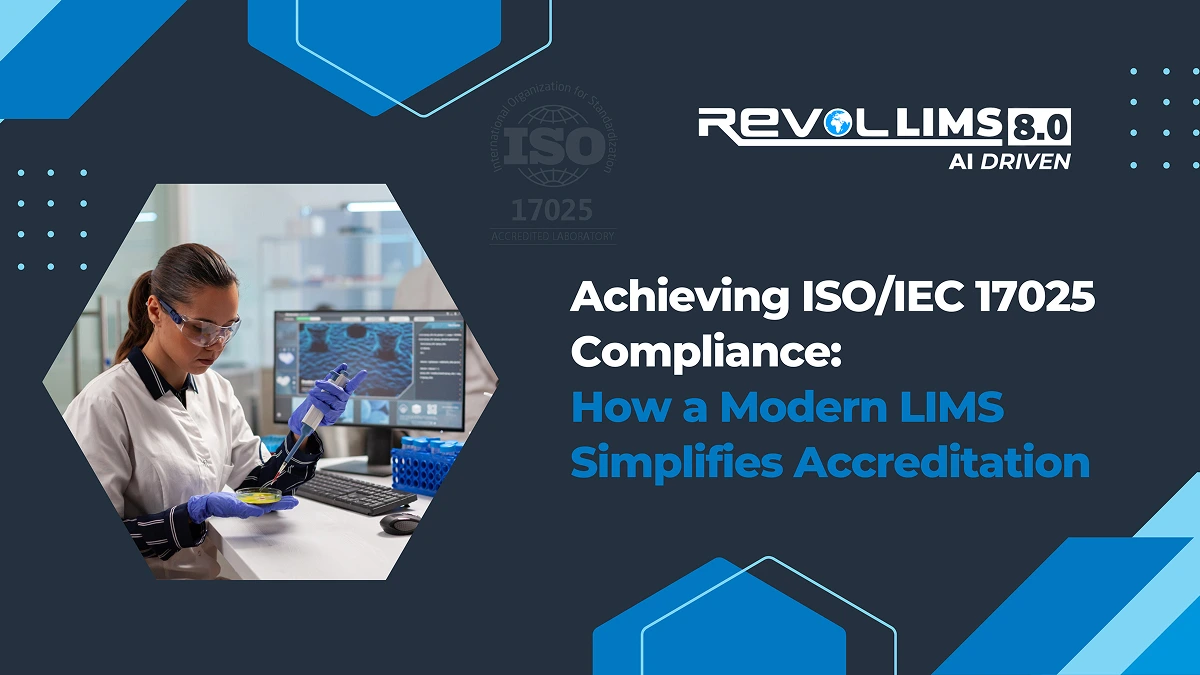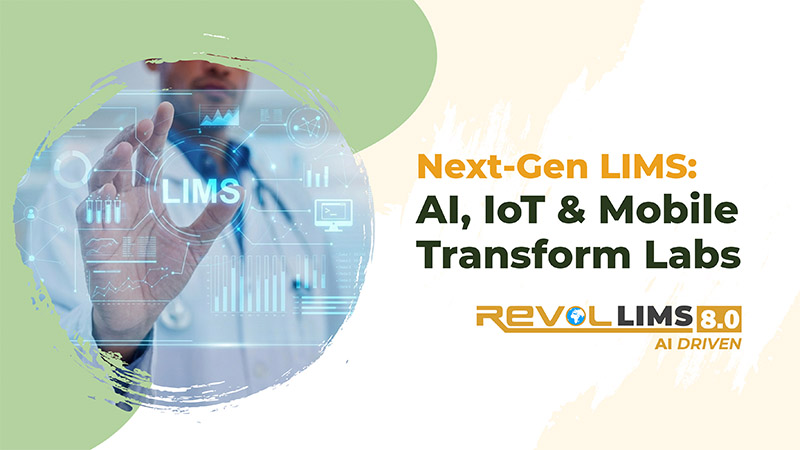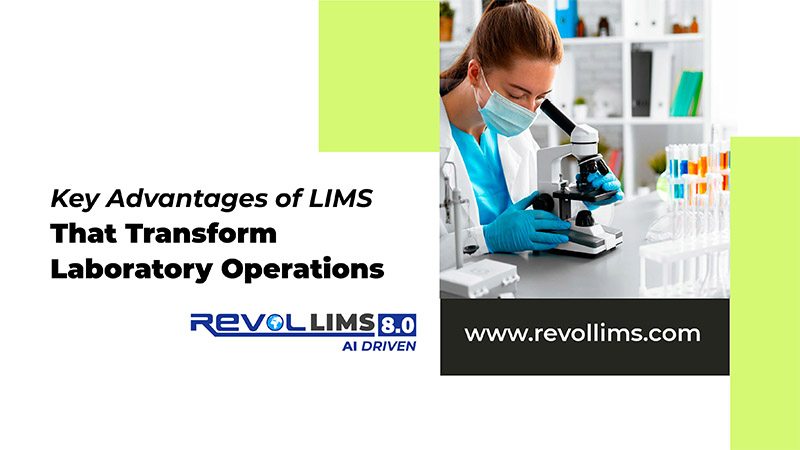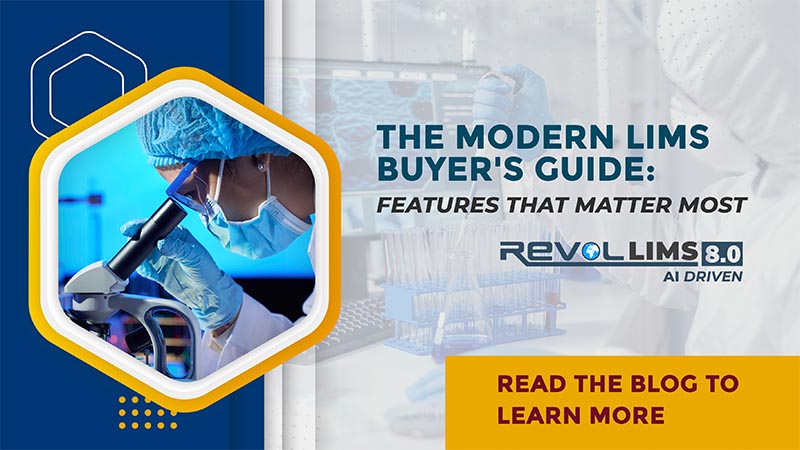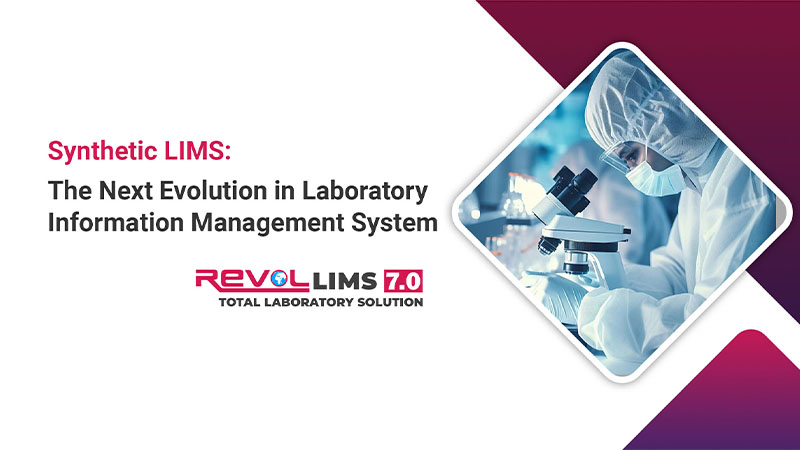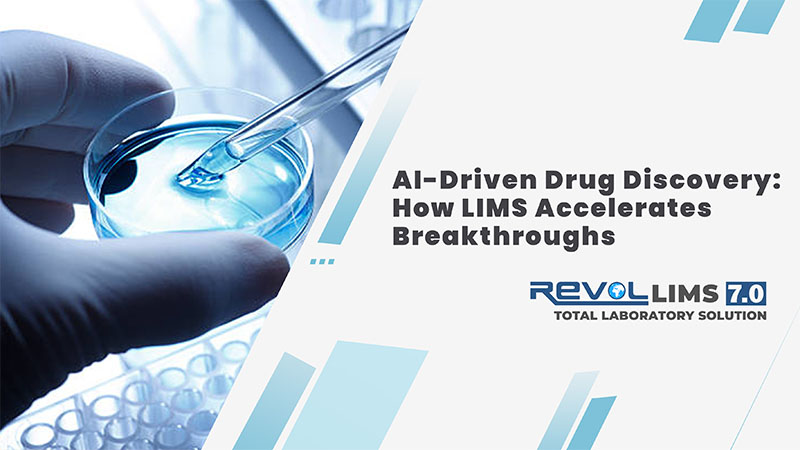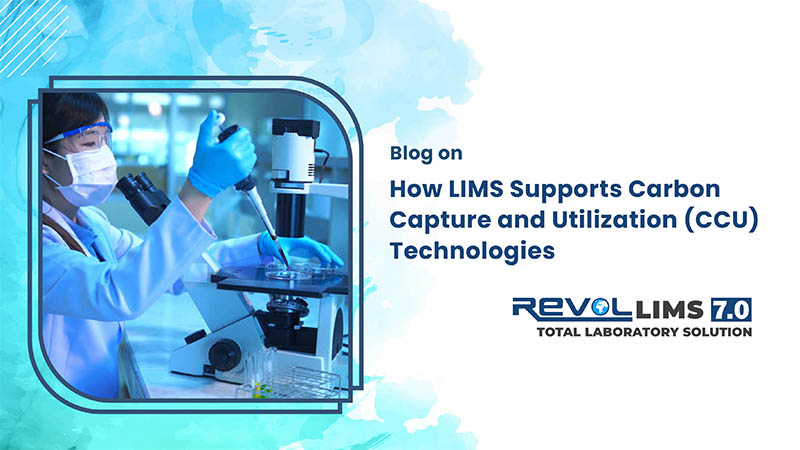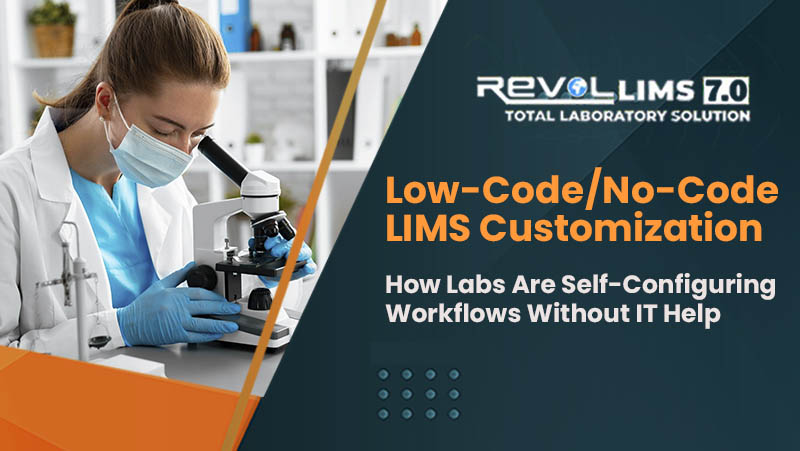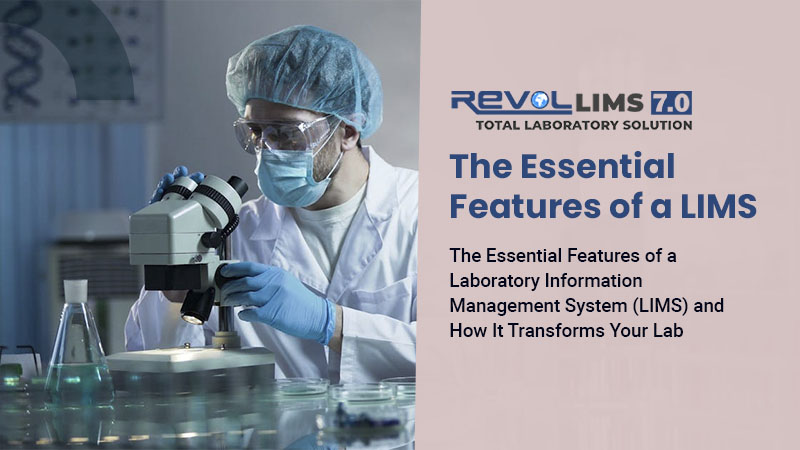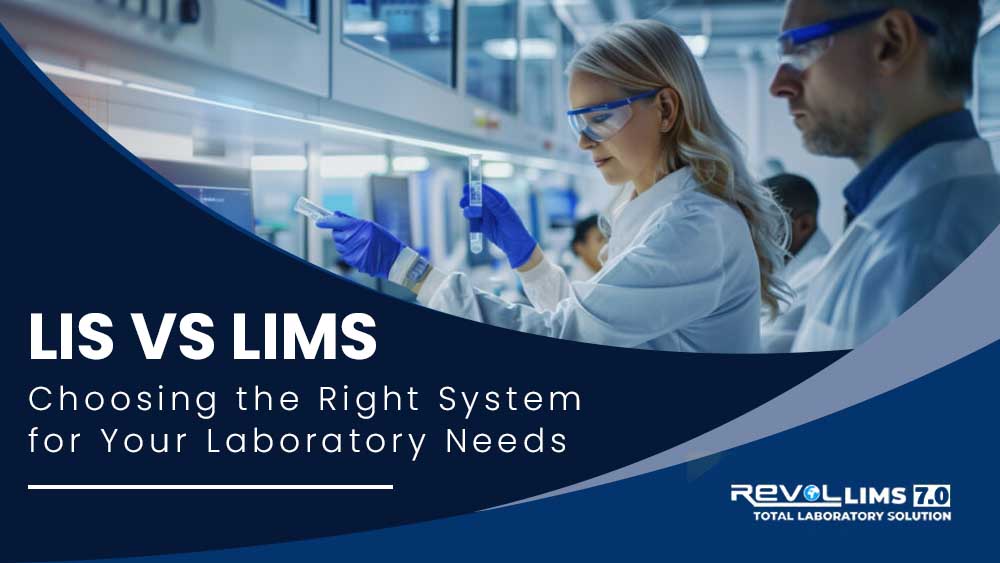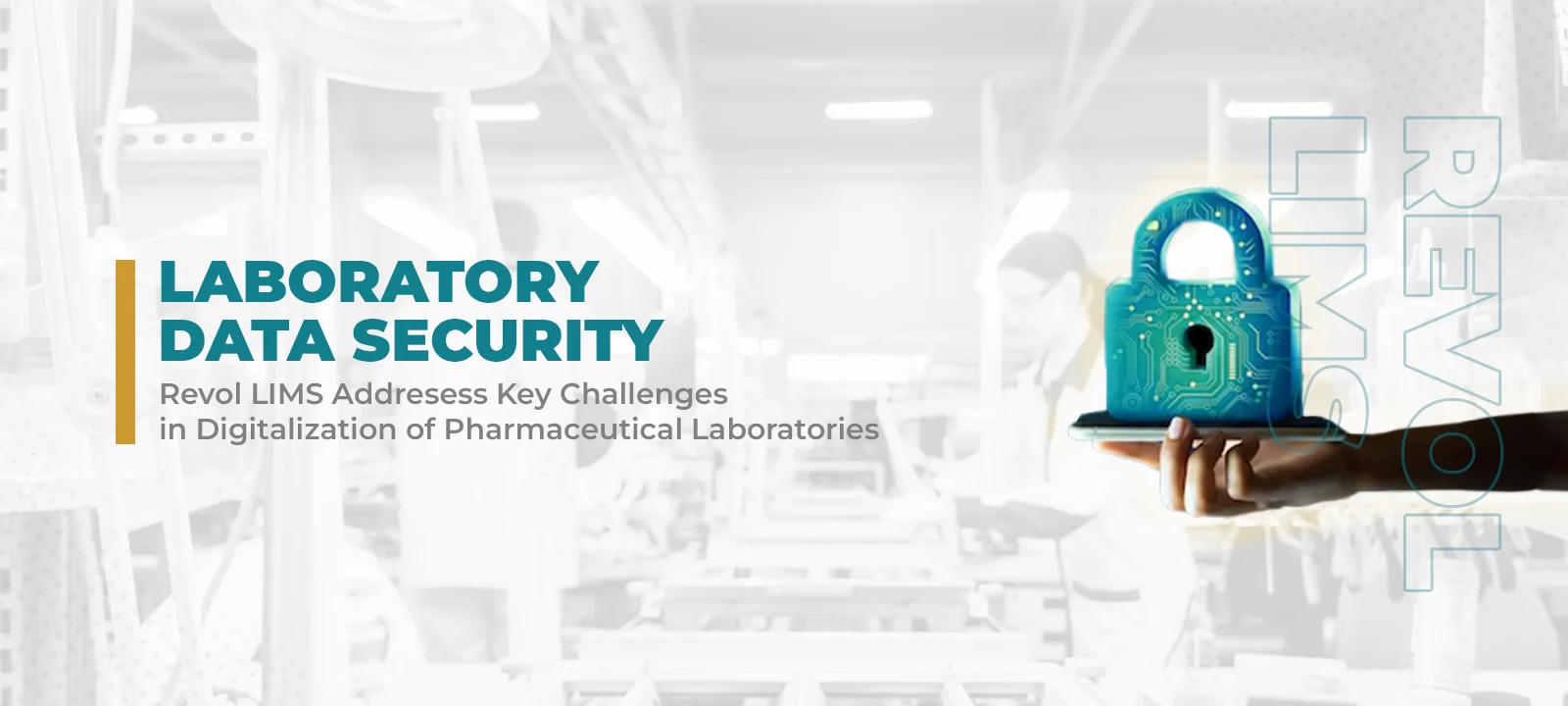
Introduction
Organizations that rely on digital technology and data storage are increasingly vulnerable to the growing threat of cybercrime. Every year, thousands of companies fall victim to malware, ransomware, and other cyber-attacks. Hackers target all industries with relentless efficiency, exploiting weaknesses in digital systems.
Why Is Data Security Crucial for Laboratories?
Recent reports indicate that the pharmaceutical industry has experienced the highest number of cyber security breaches. Pharmaceutical companies are prime targets for hackers due to the sensitive nature of the data they handle, such as research and development findings, patents, and patient information. Unauthorized access to this data can have severe consequences, including the loss of public trust, stolen intellectual property, and significant financial losses.
Given these risks, it is more important than ever for laboratories to invest in robust data security systems and protocols. Outdated technology, poor processes, and inadequate systems can all contribute to vulnerabilities in a lab's data security infrastructure. Therefore, implementing a comprehensive approach to safeguard digitally stored data is essential.
Ensuring Data Security in a Laboratory
One of the best ways to enhance data security is to implement a Laboratory Information Management System (LIMS). A LIMS offers a secure platform for data storage and management, providing protection against the growing threat of cybercrime.
For smaller labs that need a flexible, secure, and reliable solution for hosting research and intellectual property, a cloud-based LIMS offers an affordable and efficient option. This scalable approach provides firewall and encryption protection, while also enabling seamless collaboration and data management between internal teams.
Protection Layer
In the digital age, a robust infrastructure is essential for safeguarding sensitive data. Many LIMS solutions offer extensive protection for cloud-based systems. Additional protection features include SSL certificates that ensure secure encryption of sensitive information during transfers, protecting it from hackers and identity thieves.
Role-Based Access Control (RBAC)
A good LIMS must include comprehensive security features to protect laboratory data. Role-based access control (RBAC) is essential for restricting access to laboratory data based on user roles. This prevents data loss, errors, or tampering, reducing the risk of breaches or leaks.
Two-Factor Authentication
Two-factor authentication (2FA) is a cost-effective method for securing laboratory data. This process involves sending a one-time password (OTP) to users’ mobile phones, providing an added layer of protection against phishing, social engineering, and brute-force attacks. 2FA ensures that login credentials are not easily exploited by attackers.
Data Encryption
Encryption is a critical method of protecting sensitive data by encoding it so that only authorized users can read it. At the server level, encryption ensures that unauthorized users cannot access protected data.
- Database-level encryption ensures that all data in the database is encrypted and can only be decrypted by authorized users with the correct decryption key.
- Field-level encryption allows specific data fields within the LIMS to be encrypted, providing greater control and flexibility. For example, a user may only access the necessary information relevant to their work, such as test results, without being able to view sensitive details like patient data.
Conclusion: The Right LIMS for Your Lab
With comprehensive digital solutions like those offered by Revol Laboratory Information Management System, all stakeholders can access data securely and transparently. These solutions empower decision-making and foster trust, ensuring that only authorized users can access sensitive information. Implementing Revol LIMS will help bring your lab into the digital age while protecting the integrity of your organization's most valuable asset: its data.
